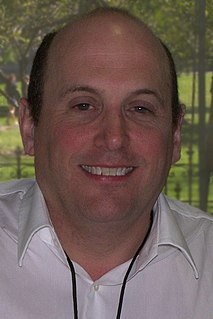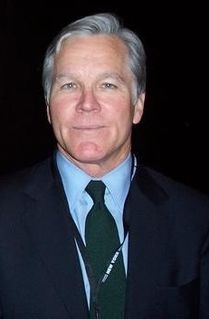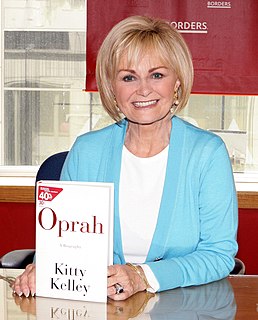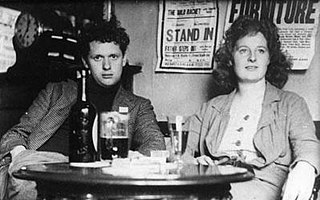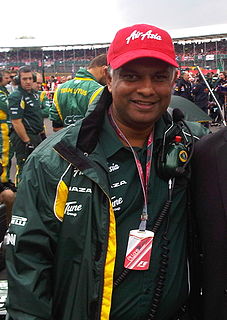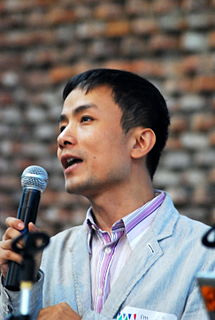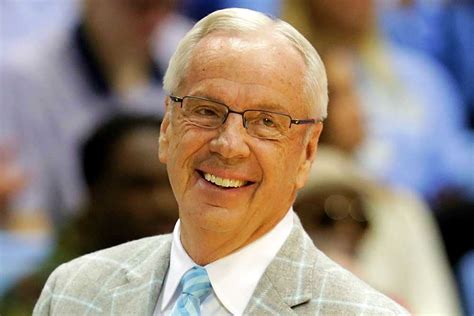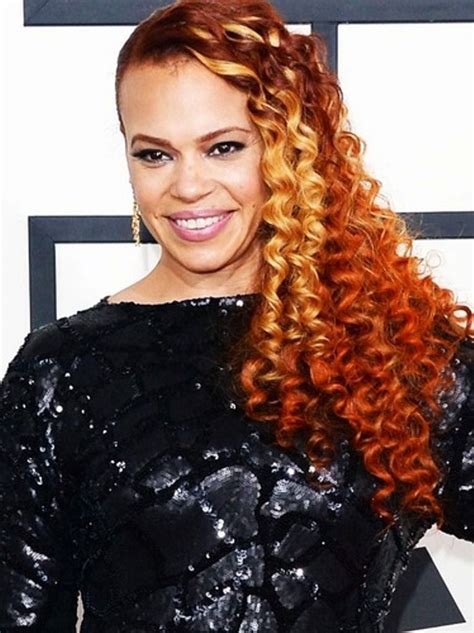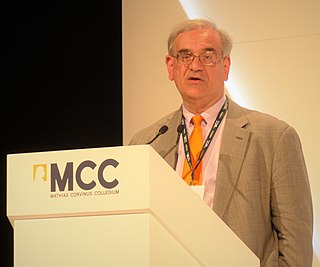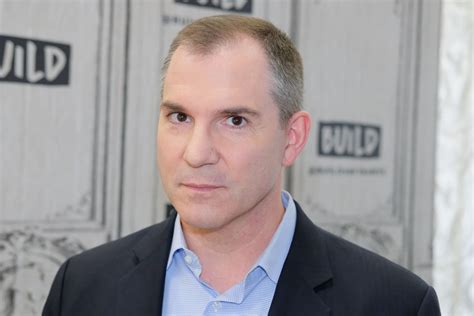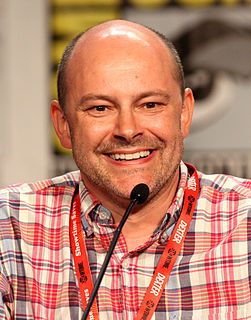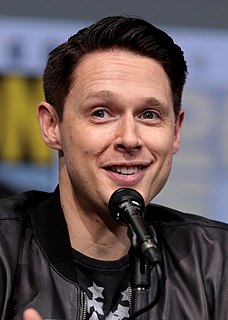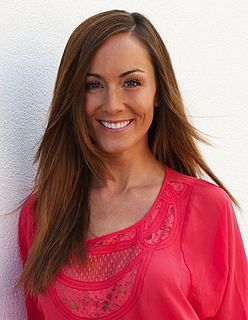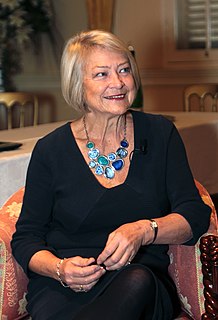Top 1159 Journalists Quotes & Sayings - Page 13
Explore popular Journalists quotes.
Last updated on November 22, 2024.
I am personally acquainted with hundreds of journalists, and the opinion of the majority of them would not be worth tuppence in private, but when they speak in print it is the newspaper that is talking (the pygmy scribe is not visible) and then their utterances shake the community like the thunders of prophecy.
It's funny how sometimes historians sneer at journalists, yet they depend on us in the future for the material that they mine. You realize that some of the stories wouldn't have been told if you hadn't gotten to them. There is that sense of capturing a moment that was just about to go over the horizon.
Journalism is the only profession explicitly protected by the U.S. Constitution, because journalists are supposed to be the check and balance on government. We're supposed to be holding those in power accountable. We're not supposed to be their megaphone. That's what the corporate media have become.


